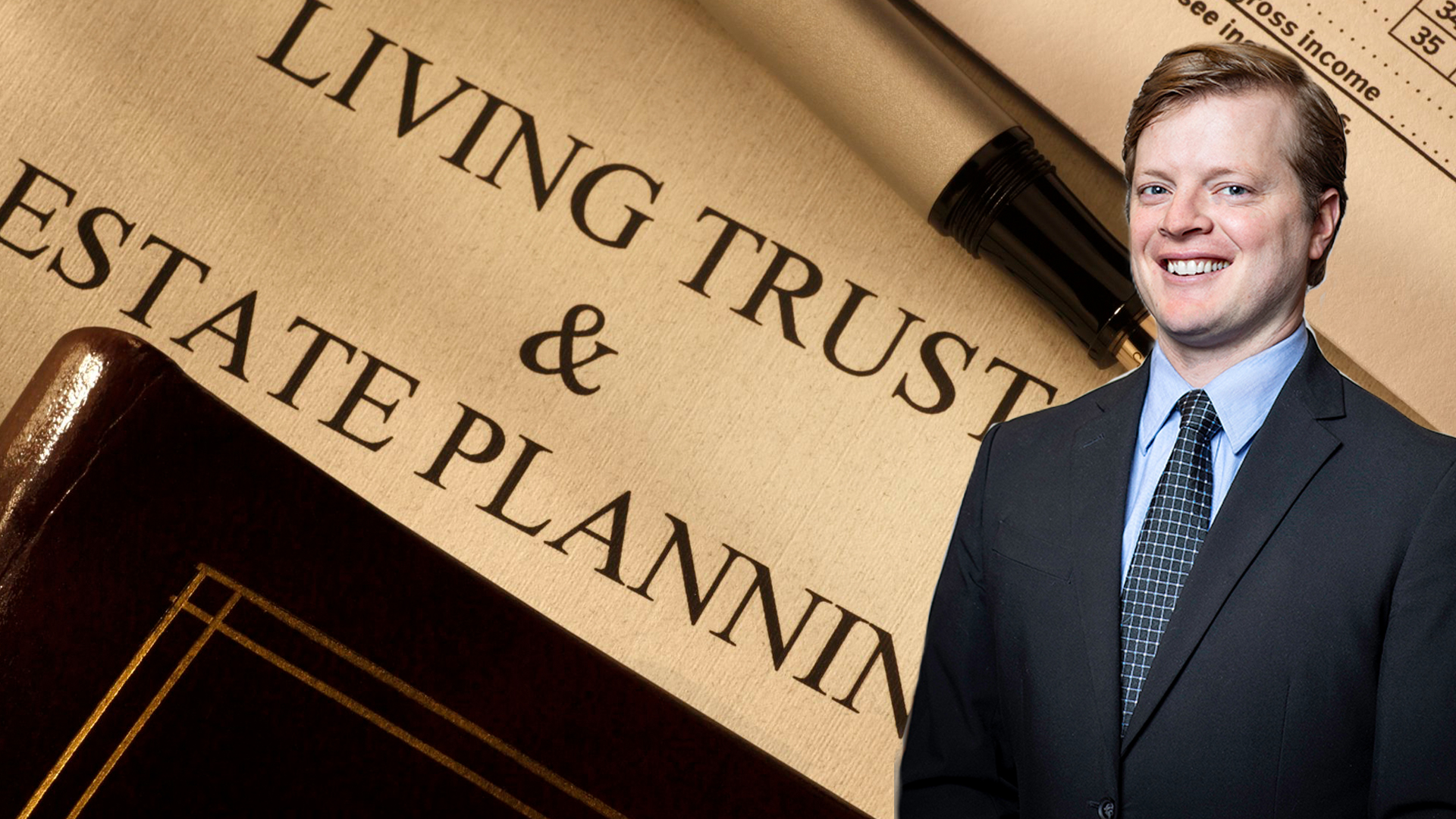Sometimes you have to plan for things you’d rather not, like your inevitable death. Look into trusts, wills, and estate planning as soon as possible to protect your assets and ensure they’re properly handled. Asheville tax attorney Lorin Page tells us the mentality around it estate planning, why it’s taboo, and why it’s important to set yourself up for success.
Lorin grew up in Asheville and south Florida, and now lives with his wife and kids in Mills River. He went to law school during an idealistic time in his 20s. He wanted to help people and protect civil liberties, and spent time working in the criminal justice system. However, that experience quickly changed his mind, showing what he describes as a broken system that presumes guilt of all arrested or charged.
After the loss of his father, Lorin gained first hand experience in estate planning. He went back to school and became a tax attorney, partially in order to earn money for his family’s future.
Why Don’t People Plan for Death?
50% of people die without a will.
Lorin sees estate planning as the chore that people put off until the very last minute. Nobody wants to talk or think about it, even though death is one of the only certain things in life. Most people fear death, and avoiding the topic is easier than facing it.
Usually, young people don’t want to think about their mortality, so the majority of estate planning clients are over 50 years old. Of course, the level of assets is a variable. People with LLCs and other businesses want to protect them. Lorin’s clients become repeat customers, especially when they have changing assets.
Estate planning is usually related to creating generational momentum, people who are building wealth for their children and family.
In addition to the aversion to facing the inevitability of death, planning for the future can have negative repercussions, like fights over property. Dealing with lawyers can also be an expensive hassle. Many people don’t trust the fee structure and costs, for good reason. Sometimes, folks plan on taking care of it later, then die unexpectedly.
Wills vs Trusts: Which is Right For Me?
Both a will and a trust serve the same purpose, to protect your estate and ensure it is distributed properly to your beneficiaries. However, a trust allows your estate to avoid the time-consuming and complicated probate process.
Some people just want a will until Lorin explains the reality of it. Those who are good at building wealth may not want to discuss the encumbrances and what you have to give up for your protection, but they should.
There are a few instances where people don’t need estate planning, but everyone needs a will.
Basic documents to be familiar with:
- Power of attorney gives someone the legal ability to deal with your money if you’re incapacitated. Healthcare power of attorney is the same, but for health care decisions. These apply to living persons only and expire upon death.
- Will: A document that transfers assets through the probate court process to creditors and named beneficiaries.
- Trust: Like an LLC (limited liability company), a trust is a legal entity that owns things. It doesn’t die with you. A trust bypasses the probate process. A named trustee manages your assets and their distribution. Above a certain level of assets and wealth, it makes sense to create a trust and avoid probate which can be costly, complicated, and very time-consuming. Basically, you annuitize it for your beneficiaries so they receive small amounts on a regular basis.
If you own your residence, you have a will, and there’s no real need for an LLC. If you have rental real estate or commercial, it should be in an LLC. Depending on the equity in each property, Lorin suggests creating multiple LLCs. That way, if an incident happens on one property that you’re liable for, your other properties are protected from the lawsuit. Insurance should be the first step, but there are limits there, and the insurance company fights back.
Where to Begin With Trusts, Wills and Estates?
What’s the best starting point so one can make the right decisions and ask the right questions? Think about the people you care about. What will your legacy be? Things can go wrong and even reasonable people can change when someone dies. Money can make things worse. Do your research.
A large number of people have money in IRAs and 401ks. Even if you have no will, make sure the beneficiaries are set up properly there. Lorin sees a lot of money go to ex-spouses because the asset holder didn’t do so.
Do something, don’t do nothing!
Visit the Page Legal, PLLC website to get started on your future planning.




